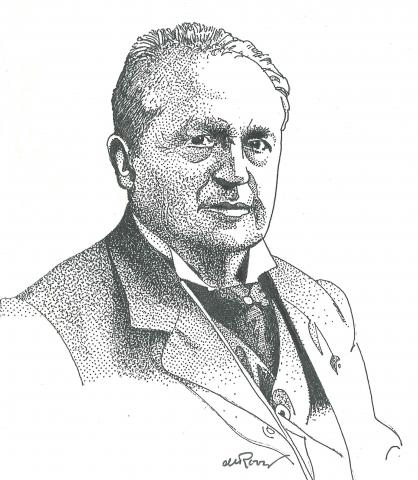A revised and updated version of
Abraham Kuyper: An Annotated Bibliography 1857-2010 by Tjitze Kuipers (2011)
You can buy a printed edition of this book on the site of the publisher.
1901
In the parliamentary debate about the upcoming marriage of Queen Wilhelmina on January 3, 1901, Kuyper voiced his opposition to using the word “approve” in one of the bills (pp. 917–918). He considered this word improper, impolite, and not in accordance with the constitution. He preferred the phrase “consent to.” Bills dealing with the organization of the army are discussed on pages 1035–1189, 1358–1359, and 1459–1535. Kuyper also spoke about a bill concerning government supervision of national health care (pp. 1194–1201) and proposed legislation to improve public housing (pp. 1248–1298). After commenting briefly on pension regulation (p. 1361) and clarifying his vote with respect to a planned modification of the Nuisance Act (pp. 1570–1574), Kuyper made his last speeches on May 2 and 7 about a bill affecting primary education (pp. 1611–1677). These final two speeches addressed Kuyper’s concern that the Compulsory Education Act, which had been passed in 1900, would financially penalize private schools. While the minister who introduced the bill had promised that this would not be the case and had introduced a subsidy bill as a remedy, its positive effect was cancelled out by the imposition of higher minimum salaries for instructors. Kuyper opposed the subsidy bill and submitted an amendment to make the state responsible for minimum wages as well as wage increases in both public and private schools (see also 1905.04, pp. 505–525).

